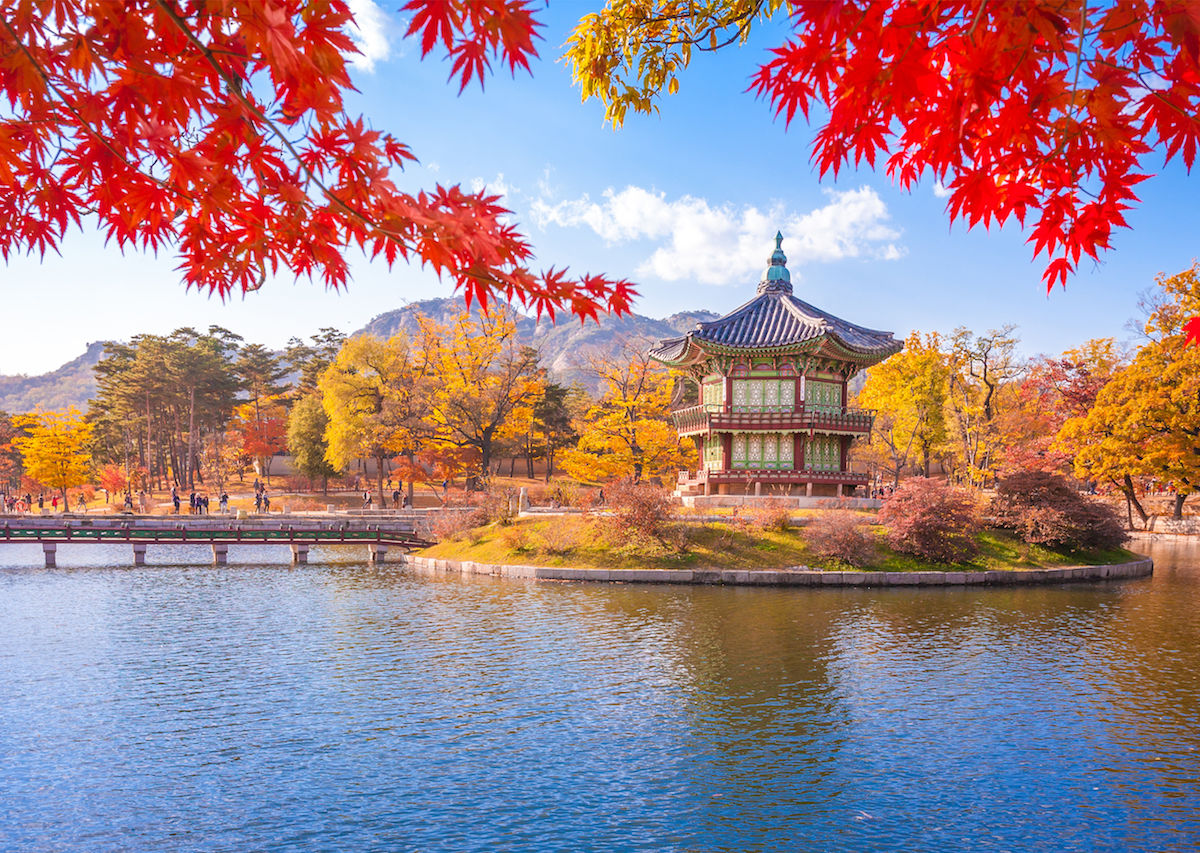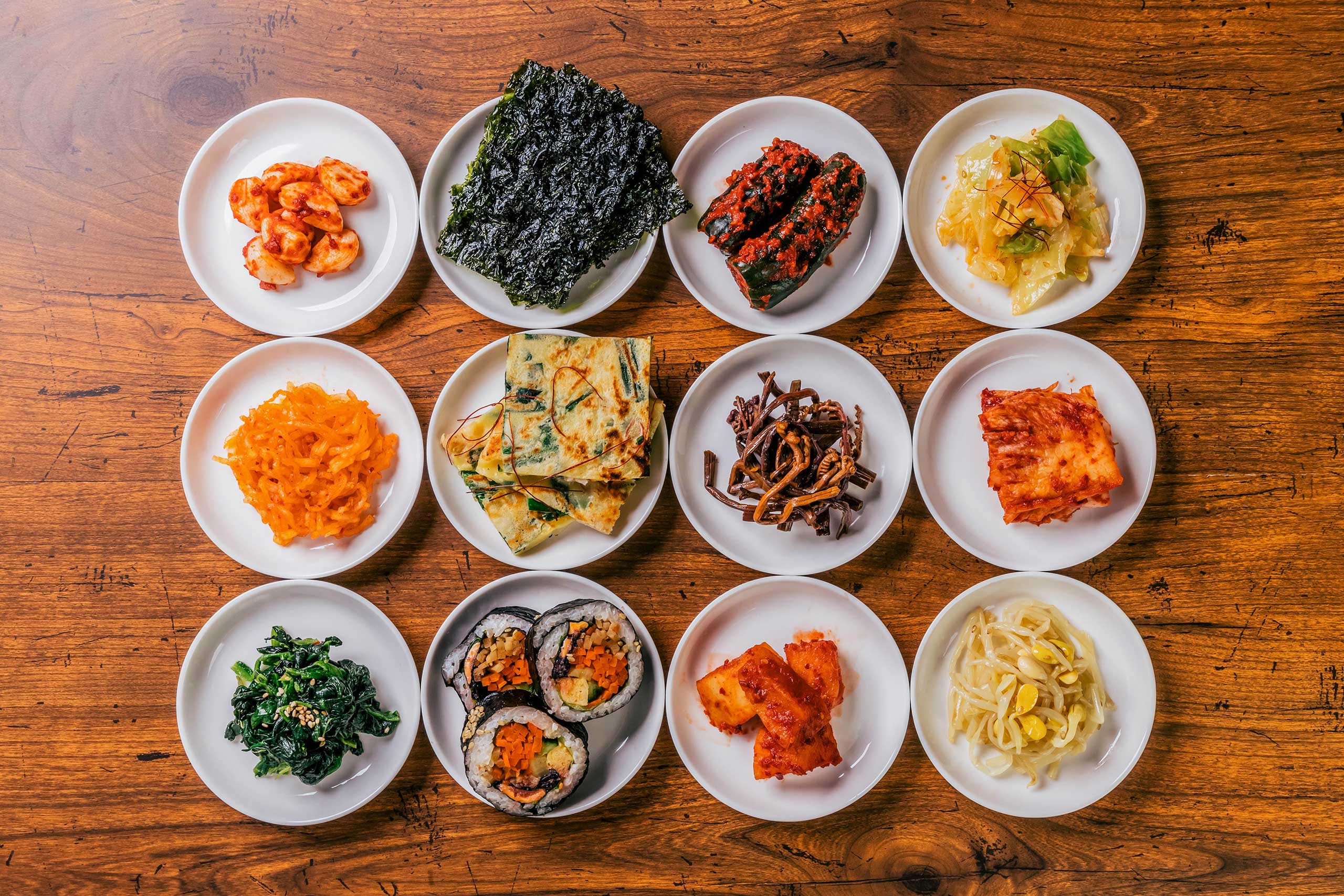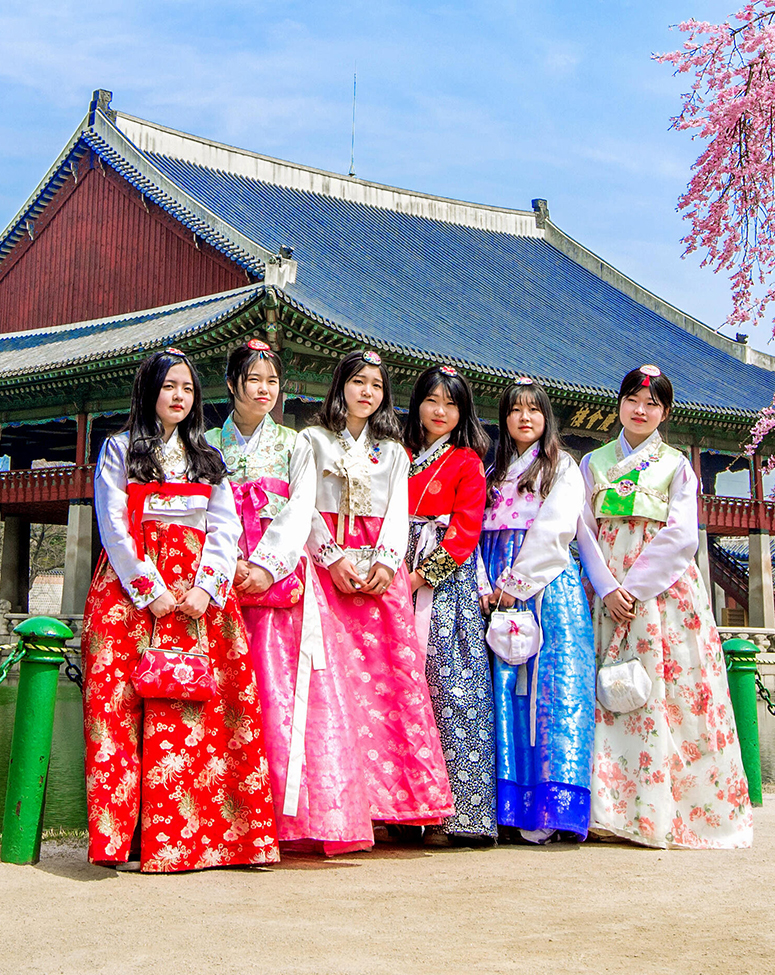Korean Actor Died - How News Shapes Our View
Sometimes, news hits us in a way that just changes everything, like when we hear about a beloved figure, perhaps a Korean actor, leaving us too soon. This kind of news, you know, it can really shake up how we feel about things, about a whole culture, even. It gets people talking, for sure, and sometimes, it brings out all sorts of feelings, some of them a bit raw. It's a moment that can make you pause and think about the wider impact of one person's life and passing.
When someone prominent from a culture, especially one that has given us so many relatable stories through their work, passes on, it can really get you thinking about your own impressions. It might even make you rethink things you thought you knew, or perhaps, it just solidifies some ideas you already had about people and places far away. This is that kind of moment, a time when public figures, in a way, become mirrors for our own thoughts and feelings about the world around us.
We see these moments play out online, in conversations that pop up everywhere, from quiet chats to busy forums. People share what they think, what they feel, and it's a very public way of dealing with something that feels quite personal to many. So, the way information spreads and is discussed, it really shows how connected we are, even across big distances, through shared experiences like the news of a Korean actor dying.
Table of Contents
- How News of a Korean Actor Dying Changes Perceptions
- Do Our Impressions of Culture Shift After a Loss?
- The Power of Relatable Characters and a Korean Actor Died
- Public Reactions - When a Korean Actor Died
- Where Do People Talk When a Korean Actor Died?
- Understanding Diverse Beliefs and a Korean Actor Died
- What About Public Empathy After a Korean Actor Died?
- Final Thoughts on a Korean Actor Died
How News of a Korean Actor Dying Changes Perceptions
When news breaks about a public figure, like when a Korean actor died, it can, in a way, hit people pretty hard. For some, it might even feel like it has completely altered their thoughts about a whole culture, or perhaps the people from that place. You know, sometimes, feelings can run so strong that someone might even say they cannot picture themselves ever buying products from that country again, like popular electronics or other items. This kind of reaction, you see, comes from a very deep place, where personal feelings get tied up with broader cultural ideas. It's a bit of a complex thing, how one event can affect so many different areas of someone's thinking.
It is interesting, too, how these strong feelings can sometimes lead to very broad statements about a group of people, like saying they might harbor feelings of dislike or show little regard for others. This kind of sentiment, you know, it often comes from a place of disappointment or a feeling of being let down. When a Korean actor died, the public reaction can be a mix of sadness, reflection, and sometimes, a re-evaluation of everything connected to that person's origin. It’s a moment when personal views, for better or worse, become very much on display, showing just how deeply people can feel about what they see happening in the public eye.
Do Our Impressions of Culture Shift After a Loss?
It is a fair question to ask whether our overall impressions of a culture truly shift after something as significant as a public figure's passing. When a Korean actor died, for instance, some people might feel a profound sense of loss that somehow gets tied to their overall view of that culture. They might, you know, begin to see certain aspects differently, or perhaps, their existing views become even more set in stone. This can happen because public figures, especially actors, often embody certain cultural ideals or characteristics that resonate with a wide audience. Their lives, and their passing, become touchpoints for broader discussions about identity and values.
The way we feel about a country’s products, or its people, can be quite personal, and it is shaped by so many different experiences. So, when a big piece of news comes along, like the death of a well-known Korean actor, it can act like a magnifying glass on those feelings. It might bring to the surface thoughts about how a group of people treats others, or how they present themselves to the world. It is not always a logical process, perhaps, but more of an emotional one, where a single event can color a whole lot of prior assumptions or beliefs. This is just how human feelings work, you know, they can be quite sensitive to big moments.
The Power of Relatable Characters and a Korean Actor Died
South Korean directors, it is pretty clear, have a real knack for making characters that just about anyone, from anywhere in the world, can feel a connection with. This ability to create people on screen who feel so real, so much like us, is a big part of why Korean entertainment has become so popular globally. When a Korean actor died, the impact is felt far beyond their home country precisely because they often brought these universally relatable characters to life. It is like losing a familiar face, someone who, in a way, felt like a part of our own story, even if we never met them in person. That is the kind of reach that good storytelling can have, you see, it truly bridges gaps between people.
However, even with all that amazing talent, it is also true that not every piece of work connects with every single person. Someone might say, for example, that they did not really care for other South Korean movies, even if they admired the way the characters were put together. This is just how taste works, you know; what one person loves, another might not feel as strongly about. But the general skill in making those characters so easy to relate to, that part is pretty consistent. It is a testament to the creative minds behind the scenes, and it is what makes the news of a Korean actor dying feel so significant to so many people across different walks of life. Their work, in a way, truly touches hearts.
Public Reactions - When a Korean Actor Died
When news of a significant event, such as a Korean actor dying, reaches the public, people react in many different ways. Some individuals, you know, might be less reserved in their expressions of sorrow or shock. They might be quite open, perhaps even a bit loud and full of energy in their grief, sometimes appearing to lack a certain social smoothness. Yet, this very way of expressing themselves also lets them be true to who they are. They tend to just be themselves, without holding back too much, which can be a very genuine way to show feelings when something big happens.
It is quite interesting, actually, to see the different ways people deal with public news that touches them. Some might be very vocal, while others process things quietly. The range of human response is really broad, and it shows that there is no single right way to react to a shared moment of sadness. This uninhibited way of being, you know, it is just a part of how some people are, and it comes out especially during times when emotions are running high, like when a Korean actor died. It is a visible sign of how deeply public figures can affect the personal lives of many, prompting a variety of reactions.
Where Do People Talk When a Korean Actor Died?
When something important happens, like the news that a Korean actor died, people naturally look for places to talk about it, to share their thoughts, and to hear what others are thinking. Online forums, for instance, become very popular spots for these kinds of discussions. It is pretty common for people to be invited to sign up to post and get access to all the different parts of a forum that is well-liked. These places are often free and quick to join, which makes it easy for anyone to jump into the conversation. It is a bit like a virtual gathering place, where people come together to process news and connect with others who feel the same way.
These online communities are not just for talking, either; some of them even offer incentives for active participation. You know, sometimes, forums might give out prizes to people who post a lot and contribute meaningfully to the discussions. This shows how much value is placed on getting people to engage and share their perspectives. So, when a Korean actor died, these forums become busy hubs of activity, full of people wanting to express their feelings, share memories, or simply read what others are saying about the situation. It is a very direct way for the public to come together and react to shared news, forming a kind of collective response.
Understanding Diverse Beliefs and a Korean Actor Died
In the midst of all the public discussion that might follow news like a Korean actor died, other topics often come up, showing the wide range of things people think about and care about. For instance, there was a discussion about a man from Korea, someone who reportedly has a very high level of intelligence, who has stated that he believes in a certain spiritual path. His name is Younghoon Kim. This kind of information, you know, can spark conversations about personal beliefs and how they fit into the broader picture of public life. It makes people wonder, "What do you think of this?" and it opens up a space for

South Korea In Korean

A Beginner’s Guide to Korean Cuisine - Travelogues from Remote Lands

Korean - Department of Language & Literature